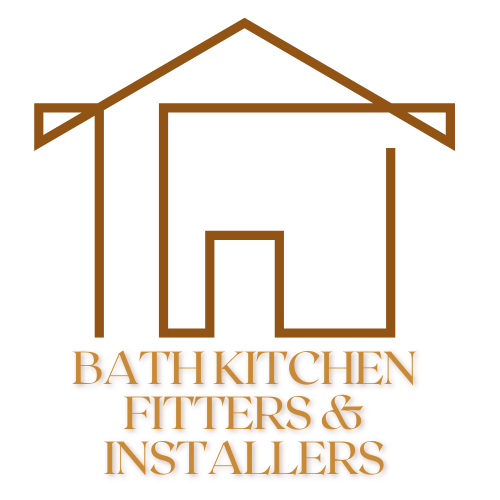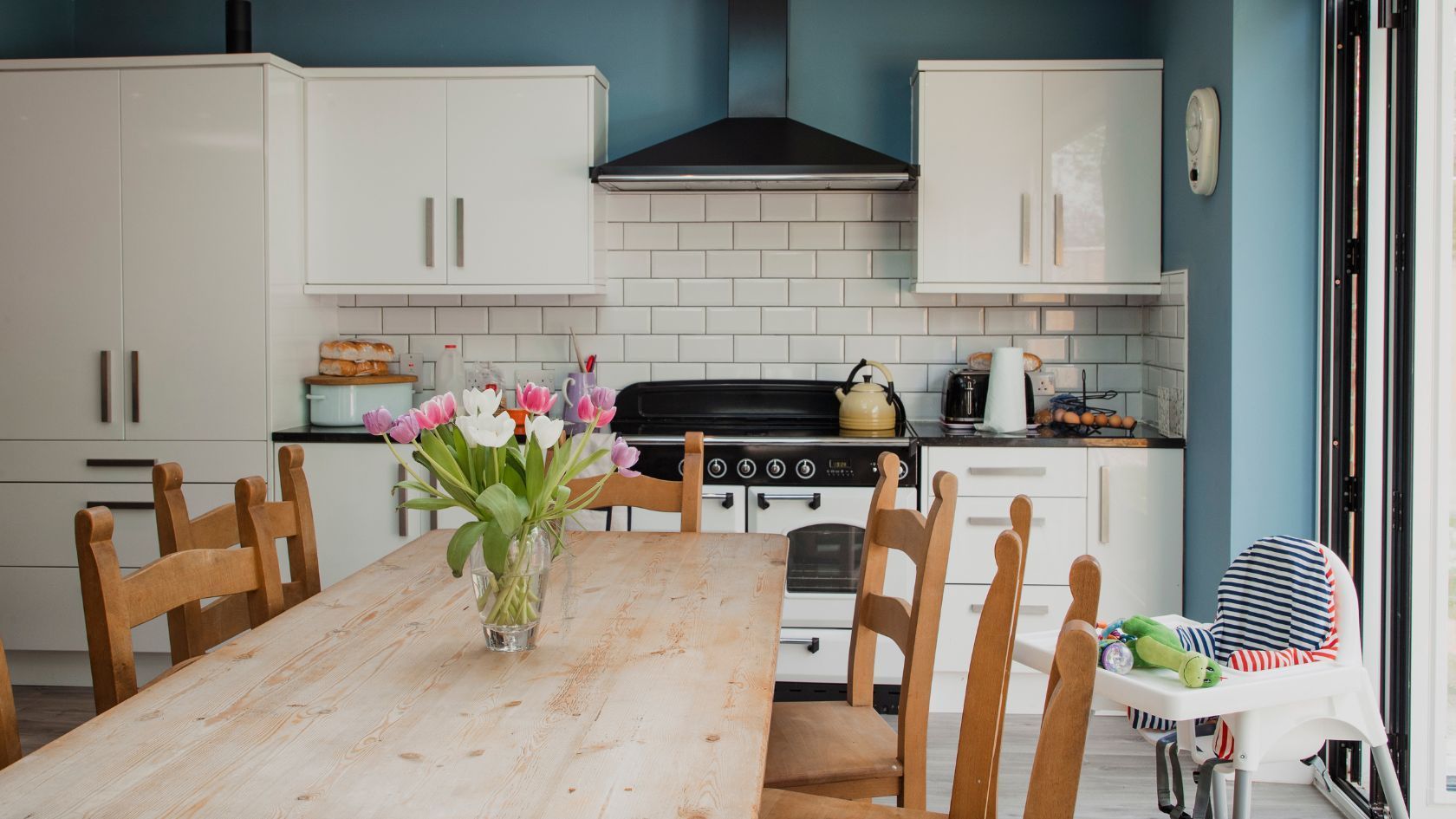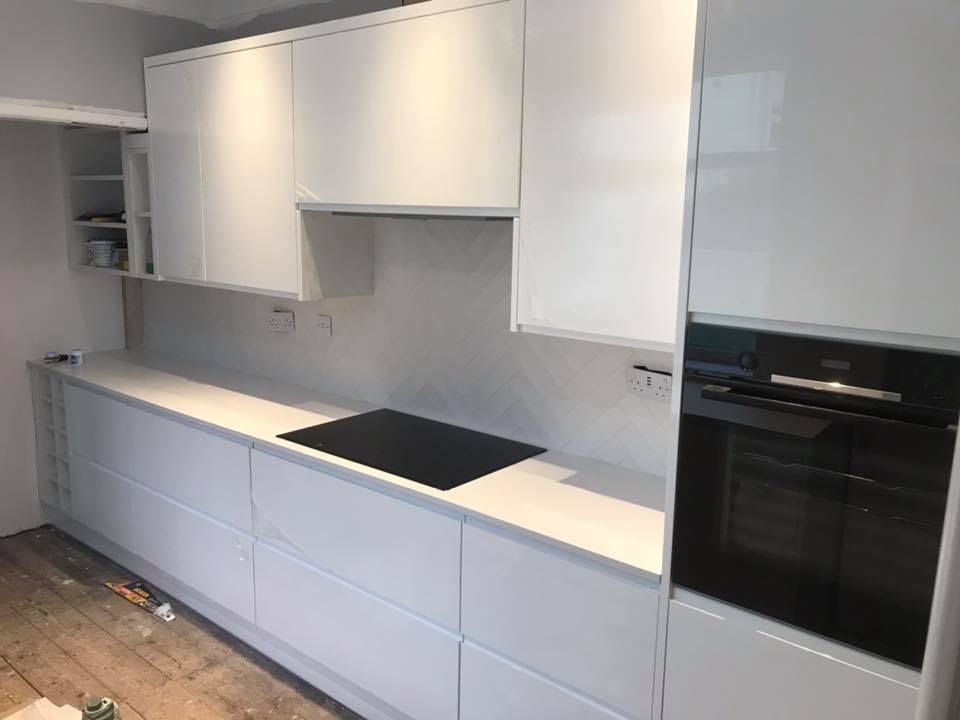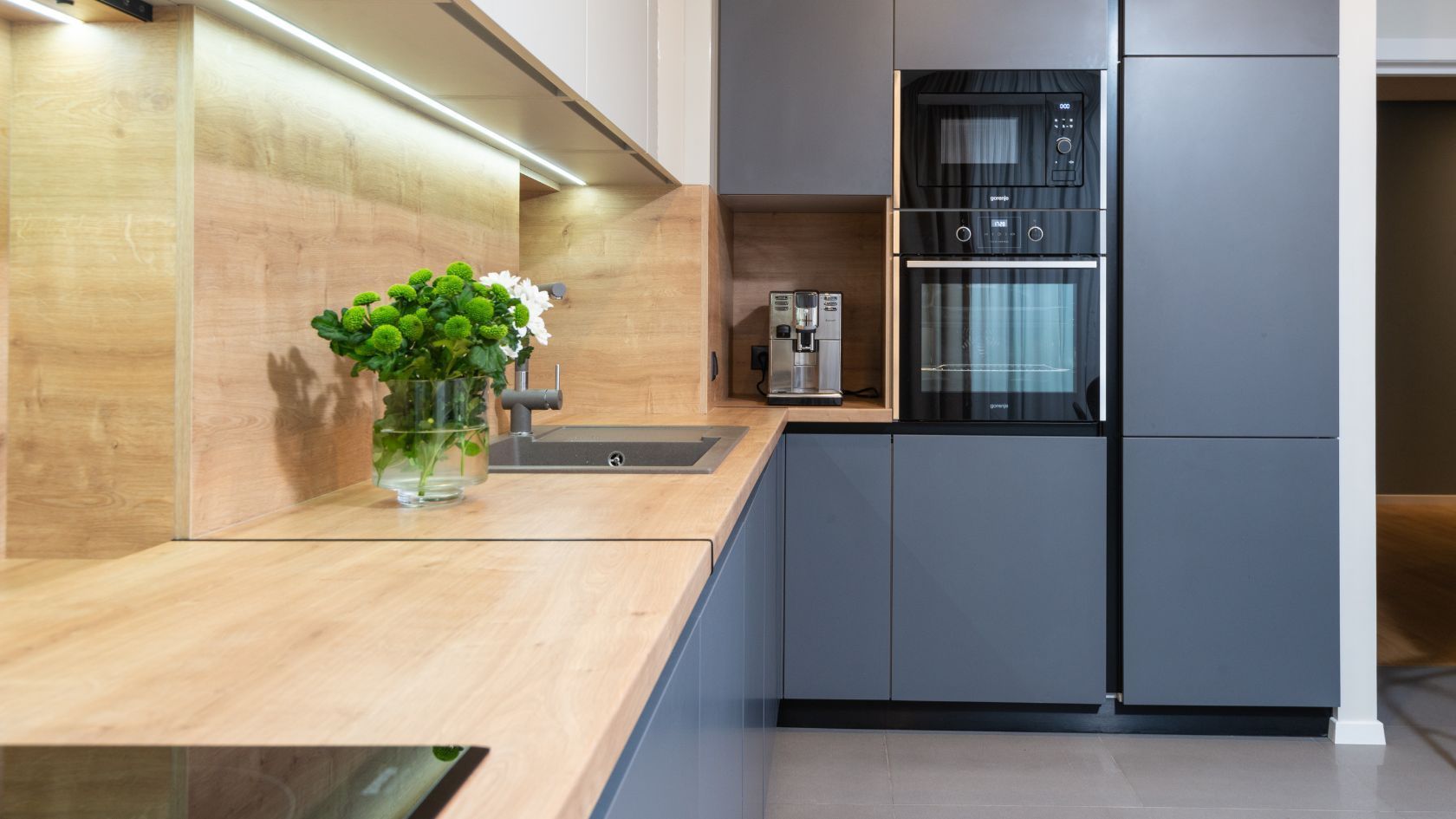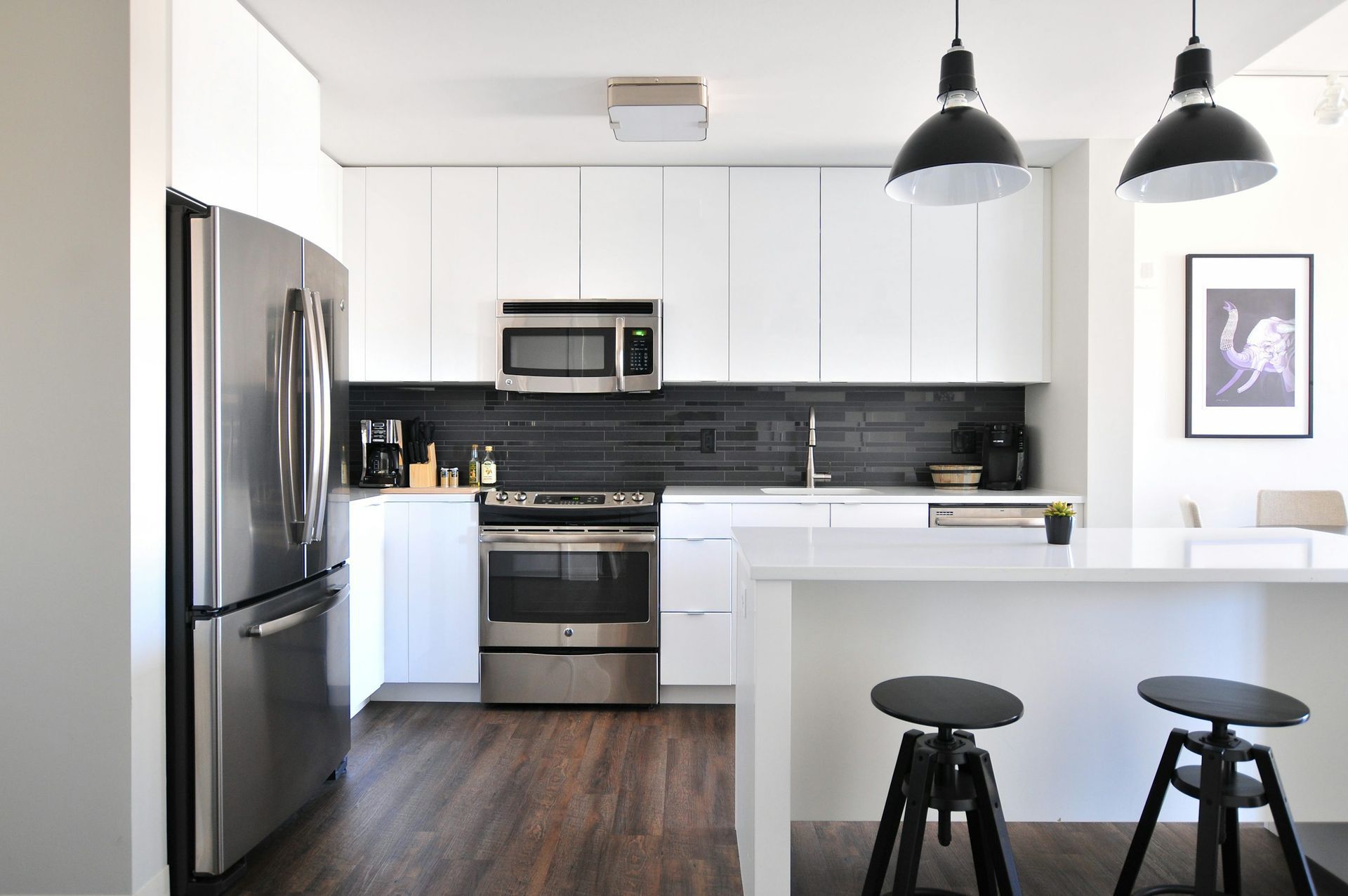Floor-to-Ceiling Kitchen Tiling: Is It Right for Your Space?
Is Kitchen Tiling from Floor to Ceiling Suitable for Your Space?
Induction hobs represent a significant advancement in cooking technology, offering faster heating times and greater energy efficiency than traditional electric or gas options. However, their specialised electrical requirements make professional oven and hob installation essential. Unlike conventional cooktops, induction models use electromagnetic fields to heat cookware directly, requiring specific electrical configurations to function safely and efficiently.
Electrical Requirements for Induction Hobs
Most induction hobs need a dedicated circuit with higher amperage than standard kitchen appliances. Typically, they require a 30-40 amp circuit breaker and 6-10mm² cabling, depending on the model's power rating.
During kitchen installation planning, this specialised electrical requirement must be factored in early, as it may necessitate updates to your home's electrical system. Standard plug sockets are usually insufficient for these power-hungry appliances.
Professional Assessment is Critical
Before proceeding with
appliance installation, a qualified electrician should assess your home's electrical capacity. Many older properties lack the necessary infrastructure to support induction technology without modifications. This assessment prevents potential overloads and ensures compliance with current electrical regulations—an important consideration that impacts both safety and insurance coverage.
Integration with Your Kitchen Design
When planning a kitchen remodel, the location of your induction hob influences both electrical and design considerations. Proper placement requires strategic circuit planning while maintaining the aesthetic flow of your kitchen. Professional installers coordinate these technical requirements while ensuring the finished kitchen meets your design vision.
The Value of Professional Installation
While DIY enthusiasts might tackle various aspects of
kitchen renovation, induction hob electrical work should remain in professional hands. Certified installers understand the nuanced requirements of these specialised appliances and can coordinate with other aspects of your kitchen project, including
tiling services around the cooktop area.
Safety Compliance and Certification
Professional installation ensures your induction hob meets all current safety standards
and includes proper certification of the electrical work. This documentation is valuable for home insurance purposes and provides peace of mind regarding the safety of your new kitchen appliance.
